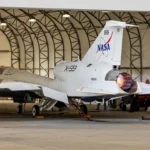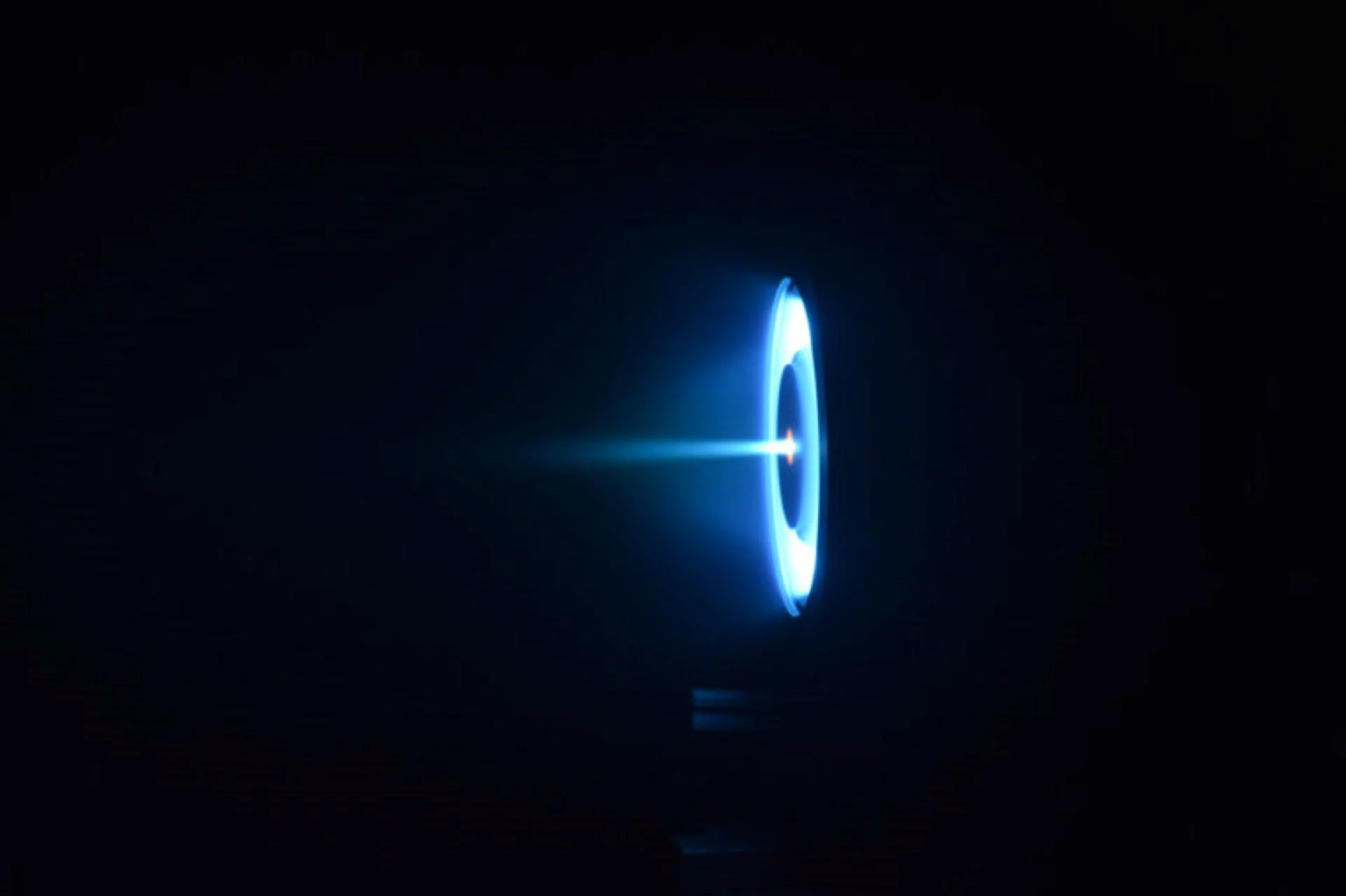American researchers from the University of Michigan received $35 million from the US Space Force to develop a spacecraft powered by a nuclear microreactor.
The idea is for the spacecraft to be powered by both chemical rockets and electric propulsion. This would allow it to maneuver in space without being constrained by a limited fuel supply, a concept called “maneuvering without regret.”
Using electric propulsion alone is slower and bulkier as it often relies on solar panels for power. Chemical propulsion provides faster speeds which may be needed for rapid maneuvers like collision avoidance.
A hybrid nuclear-chemical spacecraft could provide efficient electric propulsion along with bursts of speed from chemical rockets when needed.
Developing more capable spacecraft is intended to support the mission of the US Space Command to conduct “dynamic space operations.” However, some experts warn that militarizing space could increase risks like orbital debris and an arms race.
The $35 million project aims to design a prototype spacecraft that balances fuel efficiency with maneuverability for potential military applications in space. But it also raises concerns about weapons in space and environmental impacts.
Source: TCD









